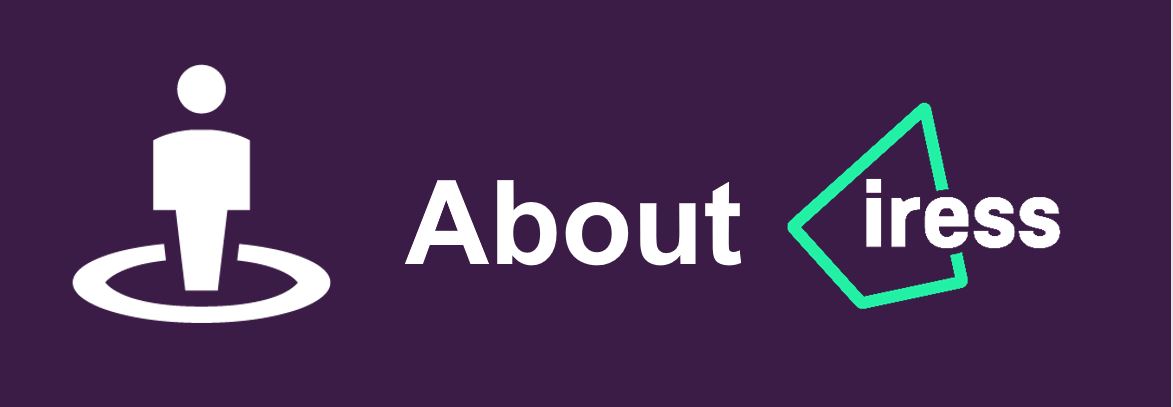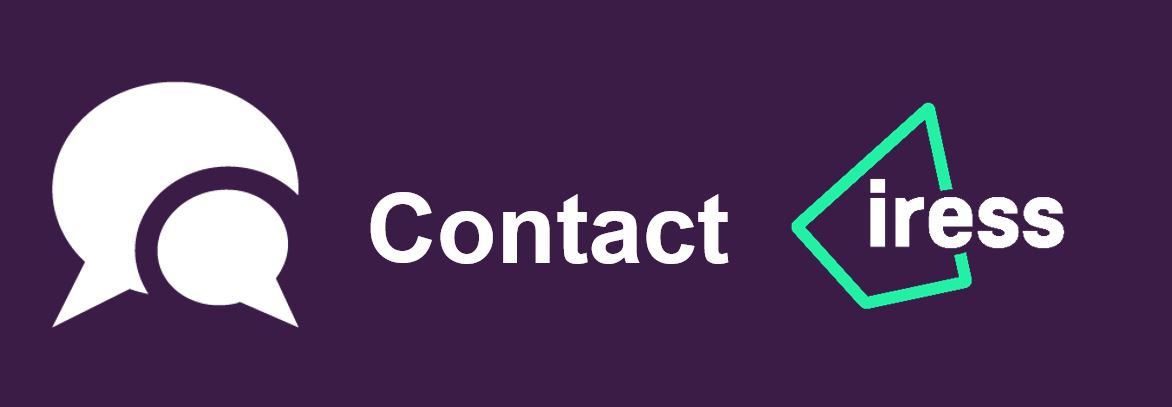Tax time and deductions: Work-related expenses
Written and accurate as at: Aug 10, 2017 Current Stats & Facts

Preparing your individual tax return can be quite involved.
There are multiple sections that need to be considered, such as income, deductions, gains/losses, tax offsets, and Medicare levy.
One area that can cause some confusion is the deductions section.
Whether you prepare your individual tax return yourself or use a registered tax agent, it’s important to get your deductions right, especially if you’re claiming work-related expenses.
Please note: This is not a comprehensive look at work-related expenses, so, it’s important to seek advice from a registered tax agent regarding your personal circumstances and eligibility (and, the required record keeping) to claim a deduction for work-related expenses.
Definition of a work-related expense
A work-related expense is an expense that you incurred whilst you were performing your work duties. To claim a deduction for a work-related expense, you must satisfy the following criteria:
- It must be directly related to earning your income
- You must have a record to substantiate your claim, like a receipt
- You must have spent the money and not have been reimbursed by your employer.
Note that if the expense was for both private and work purposes, you can only claim a deduction for the work portion of the cost.
General record keeping guidelines for work-related expenses
In terms of record keeping, there are two thresholds that you need to be aware of:
- If the total claim for work-related expenses is less than or equal to $300, you will not be required to provide written evidence; however, you must be able to show how you worked out your claim.
- Whereas, if the total claim for work-related expenses is greater than $300, you will need to provide written evidence to substantiate your claim. The $300 doesn’t include certain claims such as car expenses, meal allowance, award transport payments allowance and travel allowance expenses. There are specific written evidence rules regarding these claims.
Types of work-related expenses
Below we cover several of the most common types of work-related expenses.
Other types of work-related expenses that you may be able to claim a deduction for can include things like, self-education expenses, home office expenses, telephone, computer, internet expenses as well as tools and equipment expenses.
Work-related car expenses
Work-related car expenses are expenses that you incurred, whilst performing your work duties, for a car you either owned, leased, or hired under a hire-purchase agreement. Examples of work-related car expenses where you may be able to claim a deduction can include:
- Attending meetings or conferences
- Collecting supplies or delivering items
- Commuting from your normal workplace to an alternative workplace (e.g. a client’s premises) and then either back to your normal workplace or directly home.
In most instances, you can’t claim a deduction for travel between home and your workplace as this is generally considered to be private in nature; however, there are some exceptions to this. For example, when you carry bulky tools or equipment (e.g. ladders, wheelbarrows, cement mixers, and certain musical instruments such as a cello etc.) that your employer requires you to use for work and they can’t be left at work (e.g. no secure area at work to store them).
Depending on your personal circumstances, there are two methods available to calculate your deduction with car expenses: the cents per kilometre method; and, the logbook method. It’s important to understand the rules regarding these methods in terms of the appropriate use of each and the required record keeping. For example, with regards to the cents per kilometre method:
- You can claim a maximum of 5,000 business kilometres per car – for claims above this amount, the logbook method must be used.
- Your claim is based on 66 cents per kilometre for 2016–17 financial year.
- You will not be required to provide written evidence; however, you must be able to show how you worked out your claim, for example, via diary records of your work-related trips.
Please note: If you receive an allowance from your employer in relation to car expenses, you’ll need to include it on your tax return.
Work-related travel expenses
Work-related travelled expenses are expenses that you incurred in performing your work duties. Examples of work-related travel expenses where you may be able to claim a deduction can include:
- Road and bridge tolls
- Public transport such as air, bus, train and taxi fares
- Meal, incidental and accommodation expenses you incurred whilst away overnight for work.
The records you need to keep for travel expenses can depend on whether you receive a travel allowance (and, if your claim exceeds the reasonable allowance amount), the length of your trip and if it’s domestic or international travel. For example, if you receive a travel allowance (and, your claim exceeds the reasonable allowance amount), the travel was more than six nights in a row and domestic in nature then you will need written evidence and to keep a travel diary (which documents the dates, places, times, and duration of your activities and travel).
Please note: As a general rule, if you receive an allowance from your employer in relation to travel expenses, you’ll need to include it on your tax return.
Work-related clothing, laundry and dry-cleaning expenses
Work-related clothing, laundry and dry-cleaning expenses are expenses that you incurred to perform your work duties. Examples of where you may be able to claim a deduction for these expenses include:
- Protective clothing e.g. sun protection clothing, steel-capped boots, safety-coloured vests, or non-slip nurse’s shoes
- Occupation-specific clothing e.g. robes worn by barristers or a chef’s checked pants
- Uniform e.g. non-compulsory (registered with AusIndustry) or compulsory
- Laundering and dry-cleaning of the abovementioned clothing.
However, you can't claim a deduction for an expense incurred in purchasing or cleaning ordinary clothes you wear for work.
In terms of record keeping, to claim a deduction, you may need to have written evidence that you purchased the abovementioned clothing and diary records or written evidence of your cleaning of these clothing items. For example, if your claim for washing, drying and ironing exceeds $150, and your total claim for work-related expenses is greater than $300 (excluding car, meal allowance, award transport payments allowance and travel allowance expenses) then you must provide written evidence such as receipts and diary entries.
Please note: If you receive an allowance from your employer in relation to work-related clothing, laundry and dry-cleaning expenses, you’ll need to include it on your tax return.
Moving forward
This is a general overview of work-related expenses and several of the most common types of work-related expenses you may be able to claim. As you can see, this can be a complex and sometimes confusing area, which is why it’s important to seek advice.
A registered tax agent can help you to understand your personal circumstances in relation to your eligibility, and the required recordkeeping to claim a deduction for work-related expenses.













